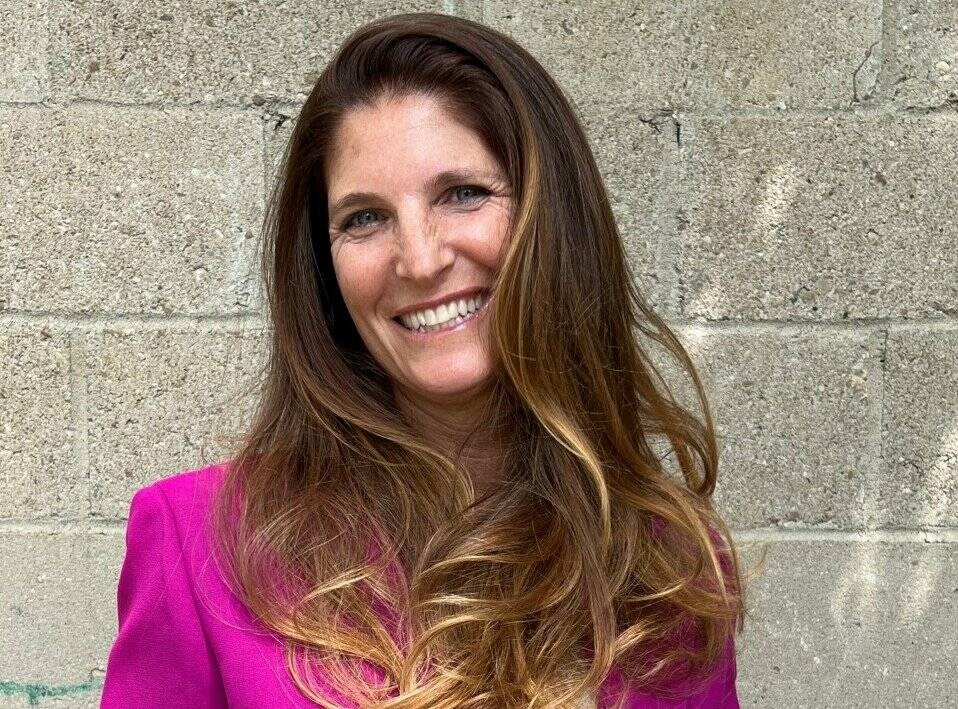Dear Lisi: While having lunch with a business associate, we overheard a man loudly berating his companion for ordering “an unnecessarily large and fattening” meal. Of course our curiosity was piqued, so we attempted to see what had been ordered. We were both shocked when we discovered that he was referring to a very large salad with slices of steak on top.
To be fair, the salad was enormous, but it was just lettuce and other assorted vegetables and legumes. Large, yes. Fattening, no. What was also surprising and upsetting was that the woman he was speaking to would be considered, without a shadow of a doubt, skinny. From our vantage point, and remember she was seated, she looked to be average in height (meaning, she didn’t look as though she would rise high out of her seat, but she didn’t look petite either). Her face was long and almost drawn, and her arms were sticks. That’s all we could see.
As we were finished our meal and just paying the bill, we left almost immediately, but we were both uncomfortable with what we had witnessed and discussed it all the way back to the office. Our big concern was, what should we have done, if anything?
Restaurant bystanders
Unfortunately, there’s really nothing you could have done. Too little information, an overheard statement and conclusions based on assumptions. I’m not saying that whatever you thought was happening wasn’t. You and your colleague may be totally accurate in your evaluation of the circumstances. However, you may just as easily have been off the mark.
I recently heard of an incident at a coffee shop where an employee handed a customer her receipt with a note written on the back to remove the lid of her beverage if she needed help with another customer who seemed to be bothering her. And another situation where a flight attendant left a note for a woman in the washroom because she was concerned about the woman’s demeanour. In both scenarios, the concerned party was able to ask the person if they needed help.
If there’s ever a next time you find yourself in a similar situation, try to get more information before jumping to conclusions and asserting yourself.
However, we should all be grateful for people who do look out for other people who are seemingly in trouble. More often than not, if something looks “off,” it probably is. Thank you and your colleague for your care and concern for this stranger.
Dear Lisi: My boyfriend, whom I’ve been dating for four months, is suggesting we include a third person in our intimacy. I’ve never thought about that and don’t feel comfortable. Is it OK to say no?
Three’s a crowd
It is absolutely OK to say no! And NO means NO! Four months isn’t long enough to know someone that well. Be cautious with your new boyfriend. If you feel he’s pushing you into something you don’t want to do, get out.
I suggest you confide in a trusted friend who you can count on in a pinch.
FEEDBACK Regarding the family disagreement over COVID-19 (April 10):
Reader 1 — “While the global emergency of acute Covid-19 has mostly passed in sa国际传媒 — thanks to vaccines, some minimally effective drugs and nonpharmaceutical interventions like masking that have since been malignantly politicized — the long-term effects of Covid-19 are still a matter of grave concern.
“Covid-19 is a vascular disease which causes, amongst other health problems, strokes, diabetes, ME/CFS and brain damage. Stats Can reported that up to 40 per cent of us will develop long COVID by our third infection.
“Please use your platform to encourage your readers to take care of one another: stay up to date on their vaccinations, stay home when sick, advocate for clean indoor air and wear a well-fitting mask in public spaces.”
Reader 2 — “Just because few people die of the acute phase does not mean any of us should ignore the mountains of peer-reviewed scientific evidence of the long-term risks of letting all of us get COVID over and over as this increases disabling risks to brains, hearts, endocrine systems, immune systems and more. And that means that many families do still need to take precautions especially if someone is pregnant, has a heart condition, has cancer (or like me, dormant cancer cells that could be reactivated by repeat COVID infections), has MS or an immune disorder, is elderly or who wants to avoid having accelerated cognitive decline from repeat COVID.
“Time magazine reported in January 2024 that it was estimated that up to one million Americans a day were being infected by COVID during the ongoing wave at that time.”
Lisi Tesher is an advice columnist based in Toronto. Send your relationship questions via email: [email protected]



